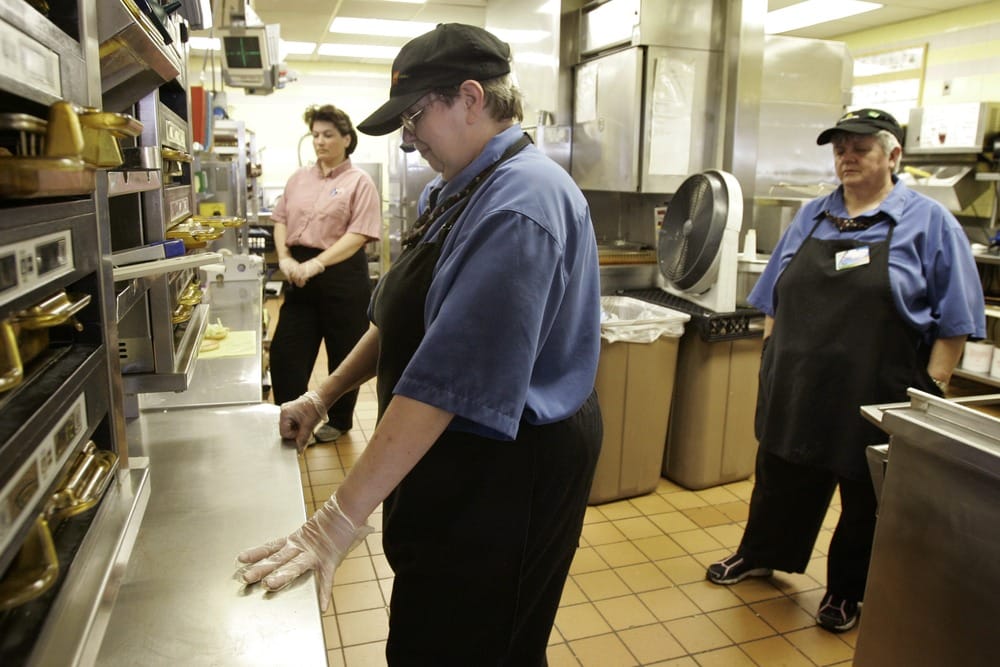

The federal government has added six new regions, including Guelph, Winnipeg, and Regina, to the list of areas where employers can no longer apply for low-wage Labour Market Impact Assessments (LMIAs). The restriction, effective October 10, further limits the use of the Temporary Foreign Worker Program (TFWP) in communities where unemployment rates remain above six percent.
The change may appear technical, but its implications are anything but. For hundreds of small and medium-sized employers from hospitality and food processing to logistics and manufacturing, the LMIA process is a vital safety valve when local recruitment falls short. The freeze, therefore, tightens one of the few levers available to firms facing persistent staffing gaps in lower-wage roles.
The federal government’s rationale is straightforward: the TFWP should only operate as a last resort, not as a substitute for hiring Canadians. By expanding the list of ineligible regions, Ottawa hopes to push employers toward domestic recruitment and training rather than rely on imported labour. It’s a continuation of the broader policy trend seen in recent months; a 50 percent decline in overall TFWP applications, paired with stepped-up compliance inspections and record penalties for misuse.
For staffing firms and HR leaders, however, the freeze underscores a growing tension between national policy and local realities. In many of the affected areas, the headline unemployment rate masks acute shortages in specific occupations, line cooks, cleaners, and warehouse workers among them. Employers struggling to fill these positions may now face longer hiring cycles or wage escalation as competition intensifies for available domestic talent.
This post is for paying subscribers only
Subscribe now and have access to all our stories, enjoy exclusive content and stay up to date with constant updates.
Already a member? Sign in
